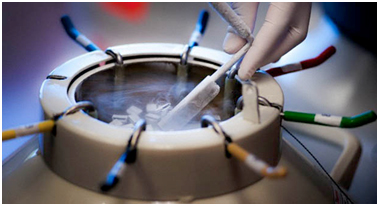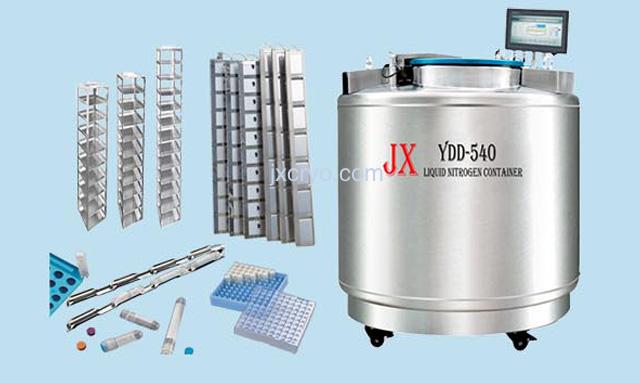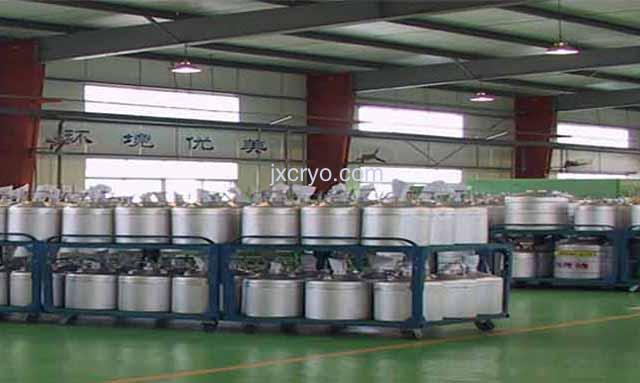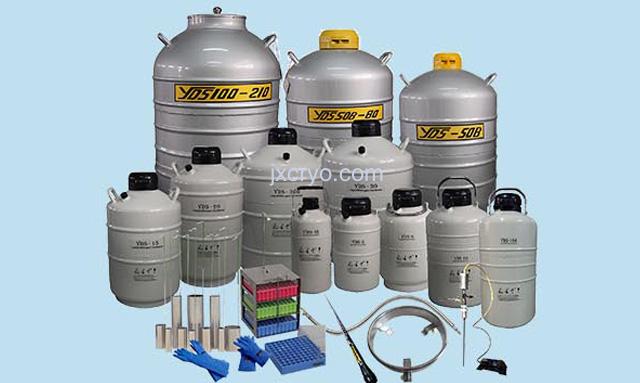Tel:+8617329375552News

If there are excess good quality embryos after embryo transfer, these can be frozen and stored. Despite the fact that not all embryos will survive the freeze-thaw procedure, pregnancy rates have approached fresh embryo transfers.
Embryo freezing has become an established method and has been practiced for nearly 20 years. Particularly in situations where a high number of oocytes have been retrieved, freezing after embryo formation has provided a second chance for couples whose first attempt did not result in pregnancy. Preparation of the patient for a thawed embryo transfer is medically simpler and less intrusive. In some cases, patients come back to transfer the stored embryos to conceive a second child.
Embryos can be frozen at any point during their development. One can see fertilized eggs on the first day, and then the zygote begins dividing to become an embryo. On the 5th day the embryo becomes a blastocyst, a stage which shows better results after the freeze/thaw procedure.
Briefly, embryo freezing is a procedure that adapts to the developmental stage of the embryo. Embryos are placed in prepared media designed to protect embryos from extreme low temperatures. An instrument, controlled by a computer, slowly reduces the temperature of the solution until it reaches –80C Embryos are then labeled and stored individually in tanks filled with Liquid Nitrogen which maintains a temperature of –196C. No biological activity can be observed at these temperatures and embryos can be stored until the patient is ready for them to be thawed. The freeze thaw procedure yields 20% loss of vitality and those embryos that survive have a subsequent 1/3 chance of implantation when compared with fresh embryos. Technology, however, is continually improving survival rates
Technically frozen embryos can be stored indefinitely depending on the couple’s decision. Although conventionally embryos are stored for a maximum of 3-5 years, case reports show that embryos can be stored for longer periods of time. By having couples renew their contract yearly, they can decide whether they want to thaw and transfer the embryos back to the uterus, destroy them or donate the embryos to research.
The Health Ministry in our country has extended the duration of embryo storage to 5 years.
Electronic records are made for all patients and only authorized people with a password can access. These records have 5 backups made daily and stored in different places. Two copies are stored in another building for safety.
Email:info@jxcryo.com
Address:Chenbao Industrial Park,Xinxiang City,Henan Province,China.






